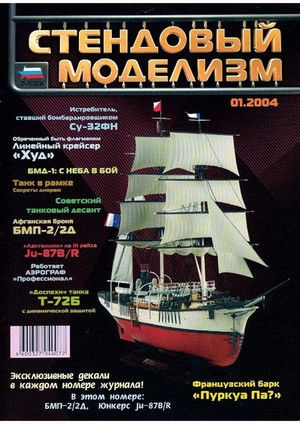
On the evening of February 23, a little more than a day after Ukrainian President Viktor Yanukovych fled Kiev in the middle of the night, ceding power to protesters on the Maidan, Dmitry Kiselev was in an especially apocalyptic mood. Kiselev is host of “Vesti Nedeli,” or “News of the Week,” which airs on Rossiya, a state-owned channel that reaches 90 percent of Russian households.
Sep 30, 2017. Vse-albomy-skachat-torrent Elbrus_dzhanmirzaev_vse_albomy_skachat_torrent. 8508, Skachat vindovs khr 32 bit cherez torrent. Iskusstvo zheleznodorozhnogo modelizma kniga skachat besplatno torrent.
Every Sunday for two hours, he holds forth on his many bugbears, phobias, and hatreds: the degenerate West, traitorous liberals at home. In recent months, the show had developed a near single-minded fixation on Ukraine—or as, Kiselev saw it, the fascist usurpers that had seized power in Kiev and were being propped up by the NATO machine. On this particular night, he declared that the ouster of the Putin-aligned Yanukovych government represented nothing less than the “end of statehood” for Ukraine.
The country was now under “external control,” he said, by which he meant the shadowy forces of the West. “With the starry blue flags of the European Union, made smoky from the fumes of burning tires, the country was plunged into a condition in which human life is only worth a kopek.” Since the Maidan protests, and especially after the fall of Yanukovych, Russian television has been engaged in a propaganda onslaught unprecedented in the post-Soviet era, implying or inventing dark suspicions about Western motives in Ukraine while painting Russia’s own meddling as a heroic answer to the call of justice. Kiselev is the most high-profile, not to mention theatrically gifted, character in this on-air drama. Hot licks lotion. At 60, he has a round, soft face, thin white hair cut short to the scalp, and a smile that is at once cherubic and menacing. His delivery is dynamic and highly mannered—he paces across the set and punctuates his points with the hand gestures of an overeager mime.
He might make his fingers dance in the air or glide his hand across his body, while accusing pro-European protesters in Kiev of launching a “war against Russia,” or declaring the violent clashes between protesters and police last December to be a “co-production” ordered and paid for by the U.S. State Department. At times, his speech can have an almost lyrical quality, even when its content is quite ominous, such as the night he stood in front of a large photo of a mushroom cloud and reminded viewers that Russia is still “the only country in the world capable of turning the USA into radioactive dust.” It is programs like Kiselev’s that help explain why, according to polling by the independent Levada Center, 67 percent of Russians say the new government in Kiev is not legitimate, and 85 percent consider the collapse of the Yanukovych regime a coup.